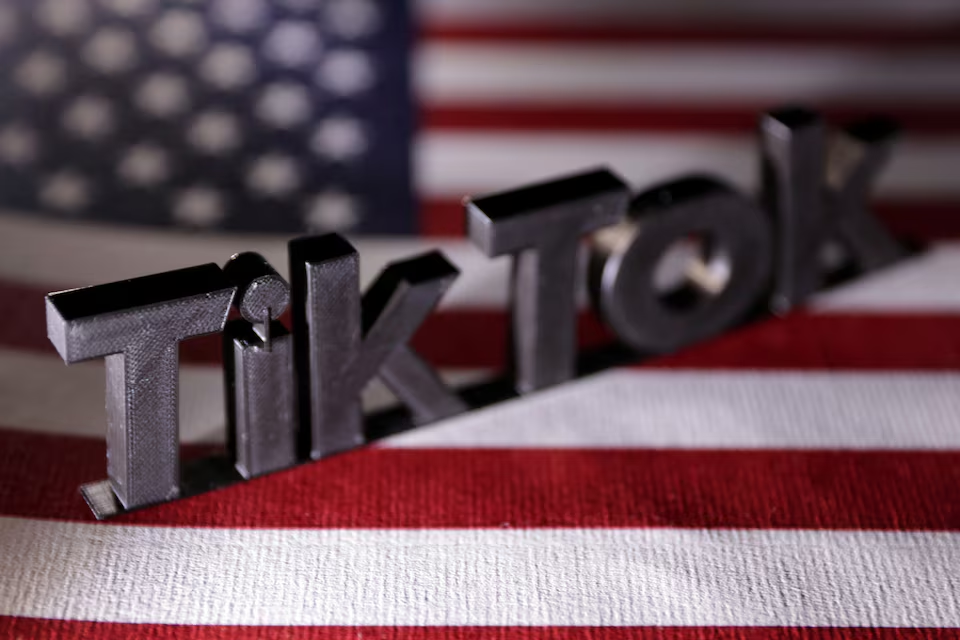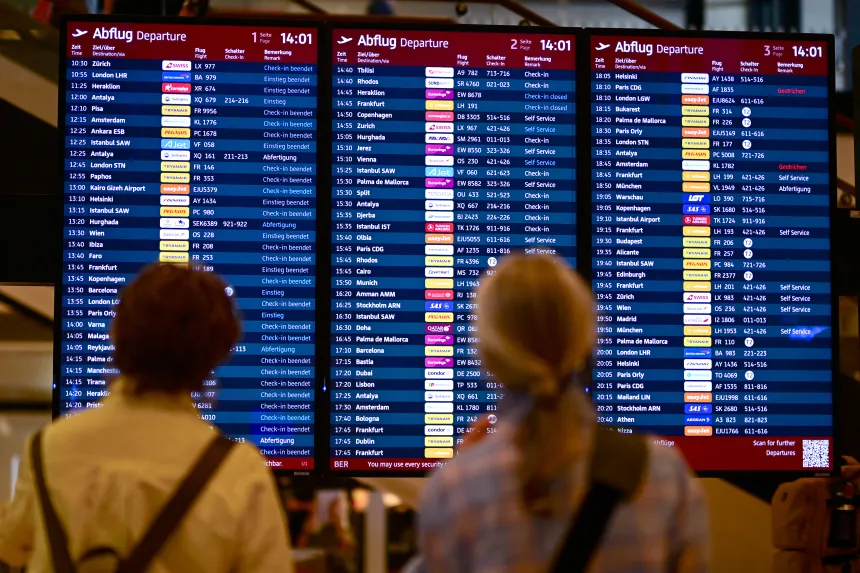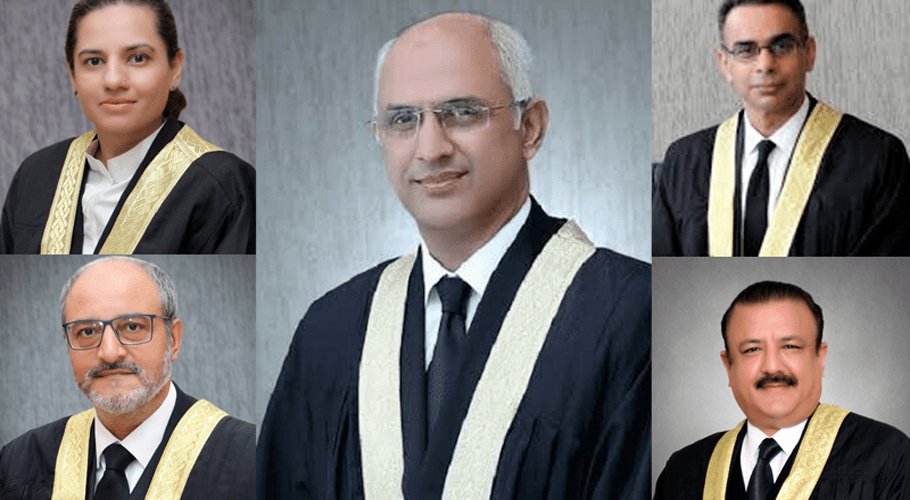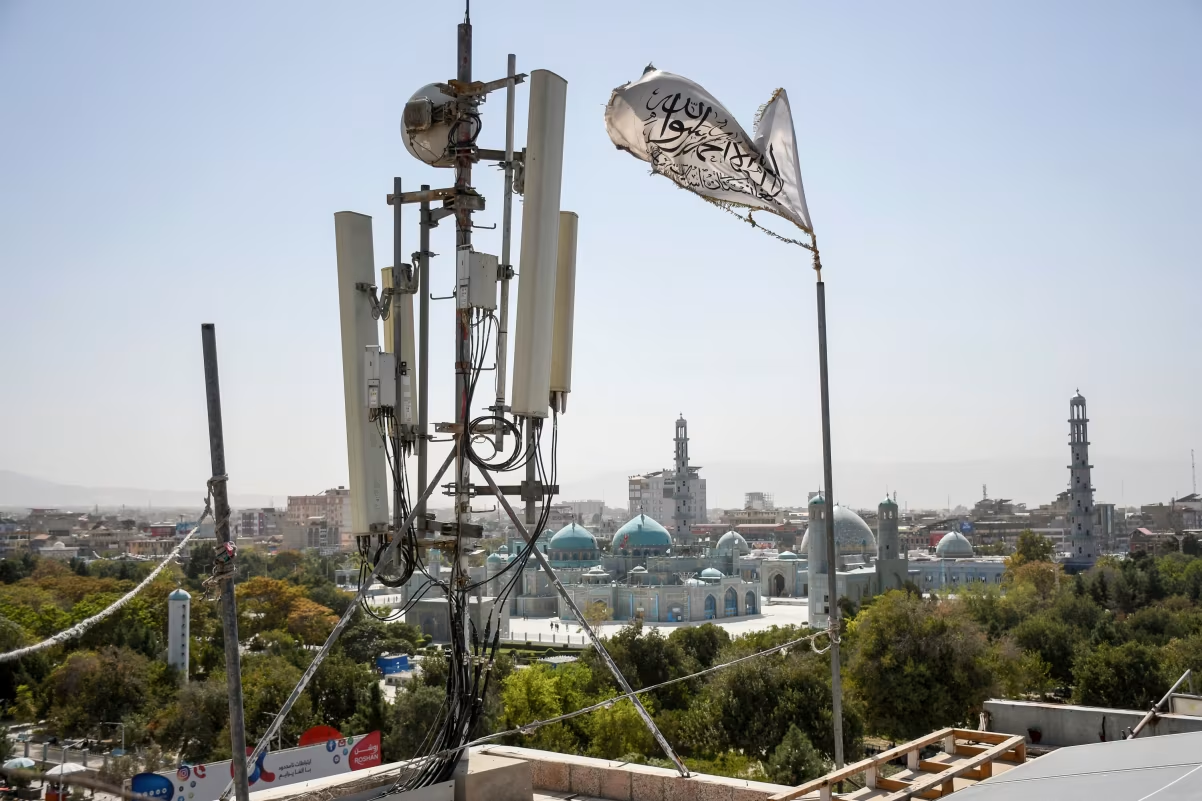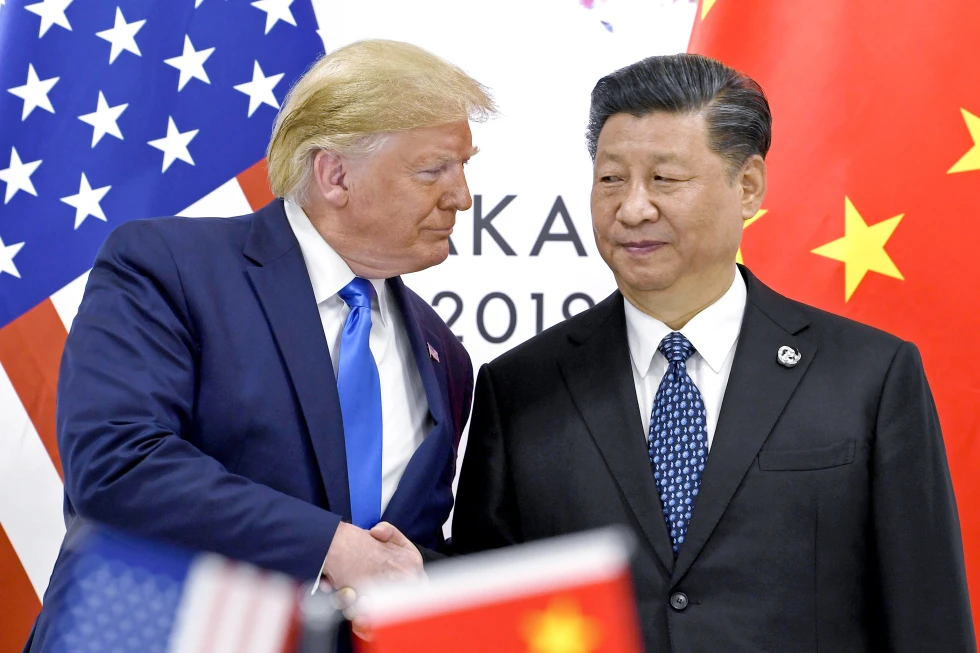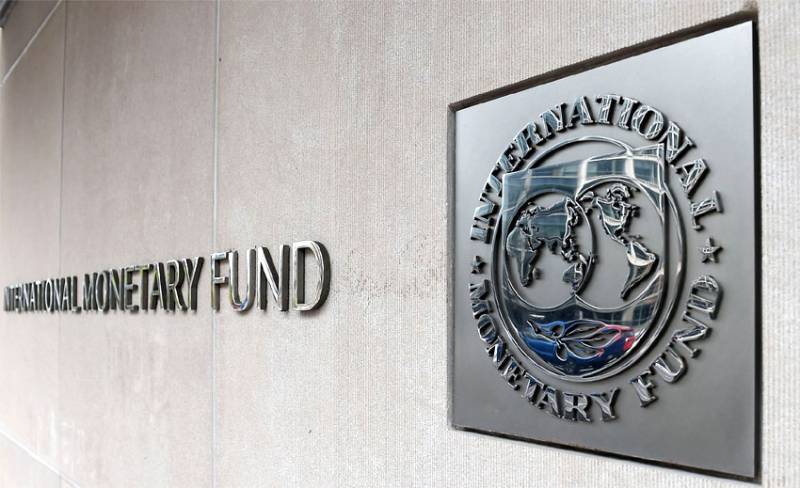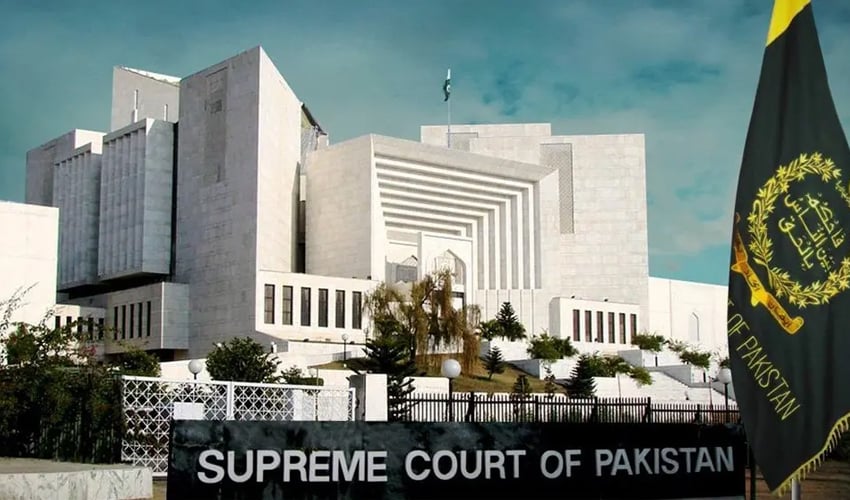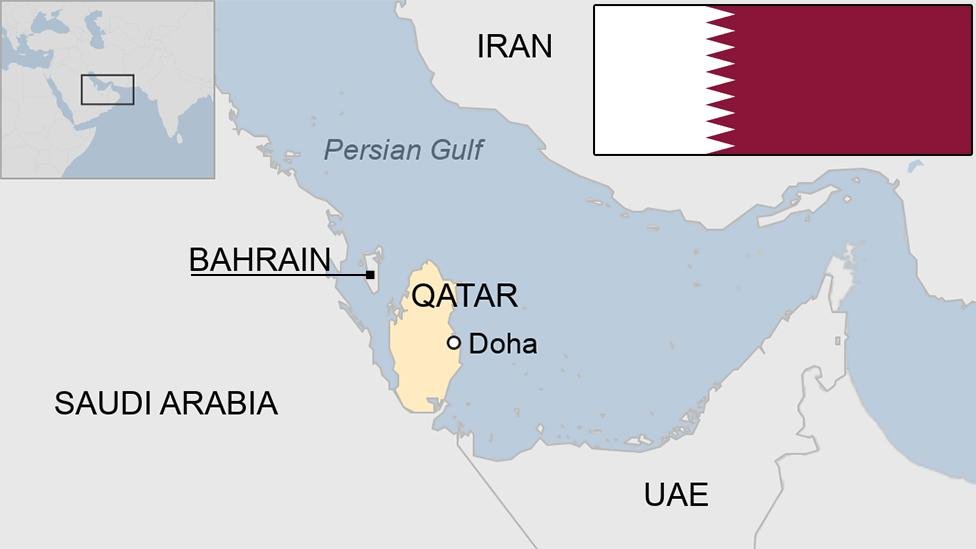In a significant diplomatic breakthrough, Pakistan has secured several influential positions within the United Nations system, signaling strong international recognition of its global engagement and counterterrorism initiatives.
Most notably, Pakistan has been appointed as the Chair of the United Nations Security Council (UNSC) Committee established under Resolution 1988 (2011), which monitors the sanctions regime against the Taliban. This committee plays a central role in tracking and enforcing measures aimed at stabilizing Afghanistan and curbing extremist activities.
Additionally, Pakistan has been elected Vice Chair of the UN Counter-Terrorism Committee, which oversees the implementation of Resolution 1373 (2001). This resolution mandates UN member states to take steps to prevent and suppress the financing and support of terrorist organizations.
Pakistan will also serve as Co-Chair of two key Informal Working Groups (IWGs) of the Security Council: one focused on improving documentation and working methods, and the other on enhancing the framework and effectiveness of UN sanctions regimes. These IWGs aim to boost transparency, efficiency, and inclusiveness in how the Security Council operates and enforces international mandates.
These appointments underscore Pakistan’s growing diplomatic footprint and reflect its active participation in global governance. According to official statements, Pakistan considers these roles a validation of its consistent engagement with the United Nations and its commitment to the values enshrined in the UN Charter.
Moreover, this development comes on the heels of Pakistan’s election as a non-permanent member of the UN Security Council for the 2025–2026 term—a move that further amplifies its global diplomatic standing.
Pakistan has reaffirmed its pledge to work collaboratively with the international community to strengthen multilateralism and contribute meaningfully to the global fight against terrorism.





